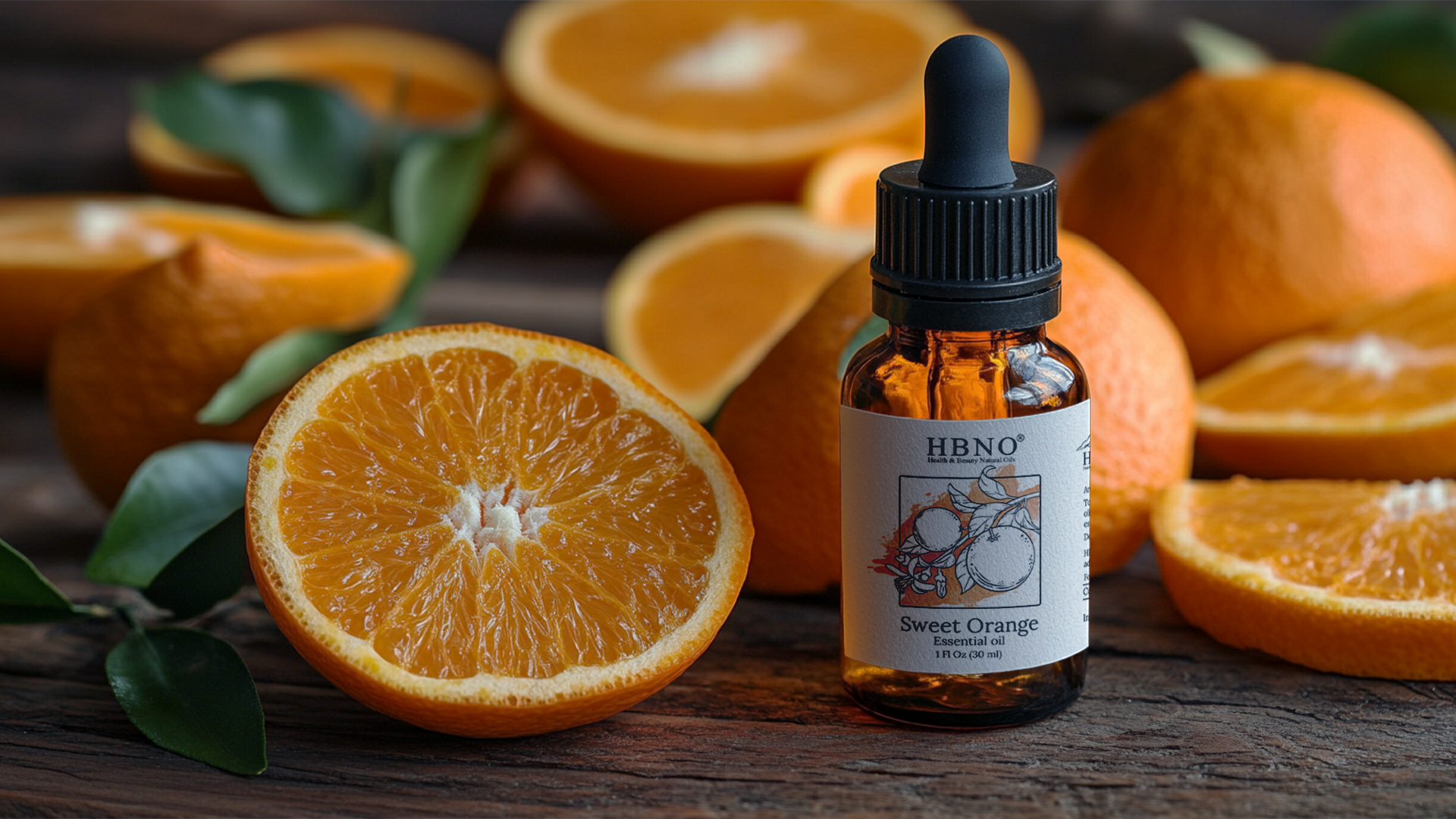
Orange Oil Uses and Benefits: A Comprehensive Guide to This Uplifting Oil
Sweet orange essential oil is a citrus-derived oil widely used in personal care, home blends, and aromatic applications. Recognized for its bright and fresh scent, it fits easily into various routines such as cleaning solutions, DIY body care, or diffuser mixes. The oil blends well with other essential oils, making it suitable for multipurpose use.
This article focuses on orange oil uses that align with practical application, as well as general benefits of orange oil across different settings. Whether in a homemade spray or personal blend, sweet orange essential oil remains a popular choice for its aroma and ease of use.
Orange Oil Uses
1. Aromatic Diffusion
Orange oil is often added to diffusers to contribute a light, fruity aroma to indoor spaces. It is commonly used solo or with oils like clove leaf oil or cinnamon leaf oil in water-based diffusers.
2. Surface Cleaning Mixes
Orange essential oil is used in DIY or pre-made surface sprays. A few drops are mixed with vinegar or castile soap to clean countertops, floors, and kitchen areas.
3. Bath Oil Blends
In baths, orange oil is used as part of oil blends. It is typically diluted with a carrier oil and added to warm water to impart a citrus aroma.
4. Room Sprays
Homemade or commercial room sprays often include orange essential oil for fragrance. The oil is added to distilled water or witch hazel and stored in a misting bottle.
5. Linen Freshener
Some people spray a diluted mixture of orange oil on linens or towels. This adds a citrus scent to fabric and is used in closets or drawers as well.
6. Floor Cleaner Additive
Orange essential oil can be added to mop water or cleaning buckets. Just a few drops may infuse the water with a fresh smell for use on tile or hardwood.
8. Cooking Use
Some culinary-grade orange oils are used in small quantities to flavor baked goods, marinades, or desserts. It is essential to confirm food-grade status before using orange oil in any cooking-related application.
Benefits of Orange Oil
1. Refreshing Aroma
One of the most common benefits of orange oil is its light, citrus aroma. It pairs well with spices, florals, and woods in fragrance blends or home environments.
2. Compatible with Other Oils
Orange essential oil blends easily with many oils including peppermint oil, organic lavender oil, and cedarwood oil. This makes it a versatile choice in diffusers and DIY products.
3. Easy to Source
As a widely available product, orange oil can be found in various concentrations and types-from sweet orange to bitter orange-both online and in health stores.
4. Used in Massage Oils
In massage blends, orange essential oil is sometimes included for its scent. It is diluted with oils like coconut oil, grapeseed, or organic almond oil before application.

5. Compatible with Soaps
One of the practical benefits of orange oil is that it integrates well into soap-making. The scent holds up in both melt-and-pour and cold-process methods.
6. Included in Body Scrubs
Orange essential oil is used in body scrubs, especially sugar scrubs. Its aroma contributes to the overall sensory experience when paired with vanilla or mint.
7. Favorable for Skincare Formulas
Many oil-based skincare products include orange oil for aroma. It is often blended with other ingredients and essential oils in lotions, balms, or serums.
8. Common in Room Fragrance
One of the versatile orange oil uses is in room fragrance products-sprays, reed diffusers, and wax melts. Its aroma is a staple in citrus-based scent lines.
Application Guide
1. Always Dilute Before Use
Essential oils, including orange essential oil, should be diluted in a carrier oil before applying to the skin. This helps with even application and usage control.
2. Store in a Dark Bottle
Like most essential oils, orange oil is best kept in amber or dark blue glass bottles. This helps protect the oil from light degradation.
3. Avoid Eye and Lip Contact
Orange essential oil should not be used near sensitive areas like the eyes or lips. If accidental contact occurs, a carrier oil is used to rinse-not water.
4. Not for Internal Use
Unless specifically labeled for internal use and advised by a professional, orange oil is used topically or for aromatic purposes only.
5. Check for Skin Sensitivity
A patch test is often recommended when using orange essential oil for the first time. It helps determine any skin sensitivity before full-body use.
6. Avoid Plastic Containers
Citrus oils like orange oil can break down some types of plastic. It is best stored in glass containers to preserve quality and avoid container degradation.
7. Keep Out of Sunlight After Application
If orange essential oil is used topically, some avoid sun exposure immediately after use, especially when applied directly to the skin in leave-on products.
8. Mix with Base Ingredients First
When used in recipes like scrubs or sprays, orange oil should be added after the base is formed. This ensures even scent distribution and better product consistency.
Conclusion
This guide has focused on orange oil uses and the neutral benefits of orange oil, showcasing its role in everyday routines, home scenting, and personal formulations. Its flexibility across applications makes it a preferred choice for many. Whether mixed into a diffuser blend or added to a DIY product, sweet orange essential oil provides a clean, citrusy note that blends well with other ingredients.
For those looking to source quality essential oils, HBNO offers a wide selection, including sweet orange oil suited for versatile use. With its light aroma and compatibility, orange oil remains a practical addition to daily routines.
References:-
-
an excellent choice for creating a fresh atmosphere in your home or workspace
-
thereby imparting your residence with a citrus fragrance
-
Its lightweight and non-greasy consistency proves conducive to the formulation of DIY serums, facial masks and exfoliating scrubs
-
This transformation can improve the overall ambiance